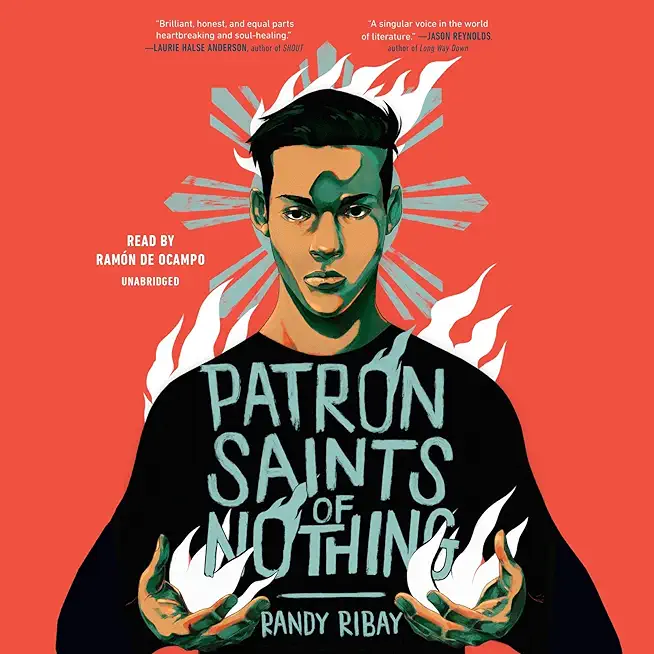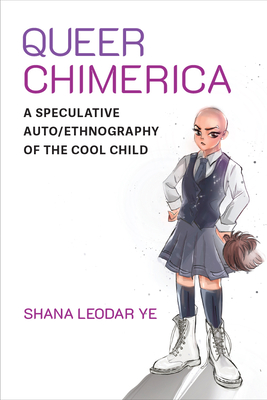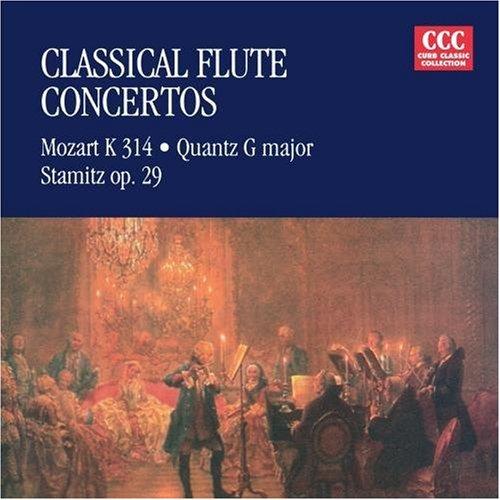
Sohn, Stephen Hong
product information
description
1The Korean War, often invoked in American culture as "the forgotten war," remains ongoing. Though active fighting only occurred between 1950 and 1953, the signing of an armistice resulted in an infamous stalemate and the construction of the Korean Peninsula's Demilitarized Zone. Minor Salvage reads early Korean American life writings in order to explore the admittedly partial ways in which those made precarious by war seek to rebuild their lives. The titular phrase "minor salvage," draws on different valences of the word salvage which, while initially associated with naval recovery efforts, can also be used to describe the rescue of waste material. Spurred by the stories told and retold to him by his parents Soon Ho and Yunpyo, Sohn enacts minor salvage by reading overlooked early Korean American life writings penned by Induk Pahk, Taiwon Koh, Joseph Anthony, and Kim Yong-ik alongside a later generation of life writings authored by Sunny Che and K. Connie Kang. In the context of the Korean War, Sohn argues, life writings take on a crucial political orientation precisely because of the fragility attached to refugees, civilians, children, women, and divided family members. To depict the possibility of life is to acknowledge simultaneously the threat of death, violence, and brutality, and in this regard, such life writings are part of a longer genealogy in which marginalized communities find representational power through the creative process.
member goods
No member items were found under this heading.
Return Policy
All sales are final
Shipping
No special shipping considerations available.
Shipping fees determined at checkout.







